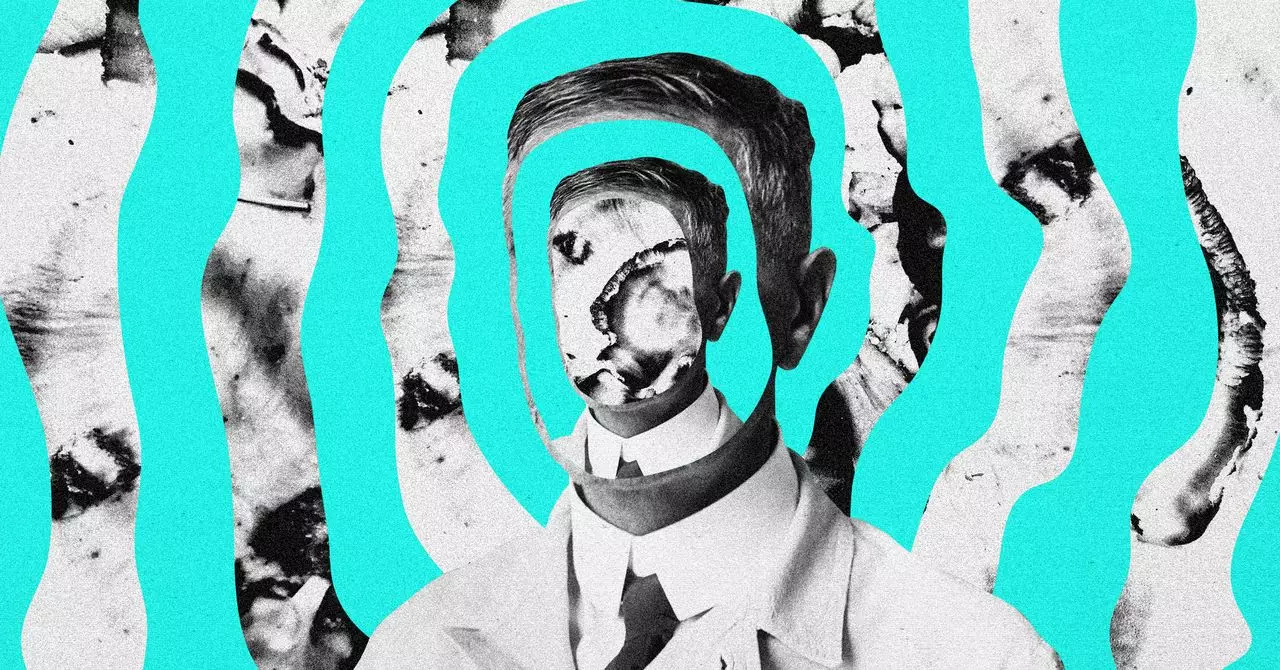The integration of artificial intelligence into psychedelic therapy represents an ambitious and transformative evolution in mental health treatment. Visionaries like Christian Angermayer believe that AI can serve as a supportive tool, enhancing the therapist-patient relationship rather than replacing it. Specifically, AI’s role in providing motivational check-ins and ongoing emotional support between sessions could revolutionize how individuals navigate complex psychological landscapes. These digital companions, tailored to individual patterns and moods, may foster deeper self-awareness, helping users to recognize negative behaviors and reinforce positive change. The idea of AI functioning as a continuous mental health partner offers hope for more accessible, scalable, and personalized care. However, this promise is heavily contingent upon careful implementation, ethical oversight, and acknowledgment of AI’s inherent limitations.
Harnessing Self-Reflection Through Custom AI Tools
Innovative applications such as Alterd exemplify the emerging use of AI as a mirror to the human subconscious. For users like Trey, who reports enhanced self-awareness and a significant reduction in alcohol consumption, these AI systems act as digital confidants—reflecting their thoughts, feelings, and impulses with a non-judgmental lens. Such tools use sophisticated algorithms that analyze personal data—journal entries, mood patterns, and behavioral cues—to generate personalized insights. This customization ensures that interactions resonate deeply with individual experiences, becoming akin to a virtual subconscious mind. Through this process, users may develop a heightened capacity for self-observation, creating a foundation for long-term behavioral change. Nonetheless, the question remains: can AI truly understand human nuance and emotional complexity without human empathy?
Risks, Limitations, and Ethical Concerns
Despite these enticing possibilities, the reliance on artificial intelligence in psychiatric contexts sparks considerable apprehension. AI models like ChatGPT, despite their linguistic capabilities, are fundamentally limited in their capacity for emotional attunement. During intense psychedelic episodes—where emotional and sensory perceptions are profoundly altered—the presence of an AI bot might become inadequate or even hazardous. The risk of misinterpreting subtle cues or failing to intervene appropriately raises serious safety concerns. Furthermore, reports of AI-induced psychosis on online forums highlight that overdependence on machine-generated responses can have destabilizing effects, especially when users are vulnerable.
Neuroscientists warn that these systems lack the genuine empathy necessary for co-regulating complex emotional states. They cannot replicate the nuanced, instinctive understanding that trained human therapists provide. The danger of overlooking the importance of human connection is intensified in the psychedelic state, where emotional regulation and safety are paramount. Additionally, ethical questions about dependency, data privacy, and the potential for misuse loom large. As much as AI can be a helpful adjunct, it must be deployed with rigorous safeguards, ensuring that the human element remains central in mental health care.
Balancing Innovation with Caution
The frontier of AI-assisted psychedelic therapy offers immense possibilities, yet it demands a careful balance between optimism and caution. While digital tools can augment traditional therapy by offering continuous support and fostering self-awareness, they are not substitutes for qualified mental health professionals—particularly during vulnerable states induced by psychedelics. The narrative that AI can serve as a reliable “subconscious” holds promise, but must be tempered by scientific validation and ethical rigor. As the field evolves, stakeholders must prioritize safety, emotional authenticity, and respect for human complexity.
In essence, AI’s integration into psychedelic therapy may serve as a powerful catalyst for mental health breakthroughs, but only if the technology is wielded thoughtfully. It’s imperative that developers, clinicians, and policymakers work collaboratively to ensure that these tools amplify human compassion rather than undermine it. The future of mental health treatment could be vastly improved by AI—so long as its limitations are recognized and addressed, and the human touch remains the guiding force behind healing.

